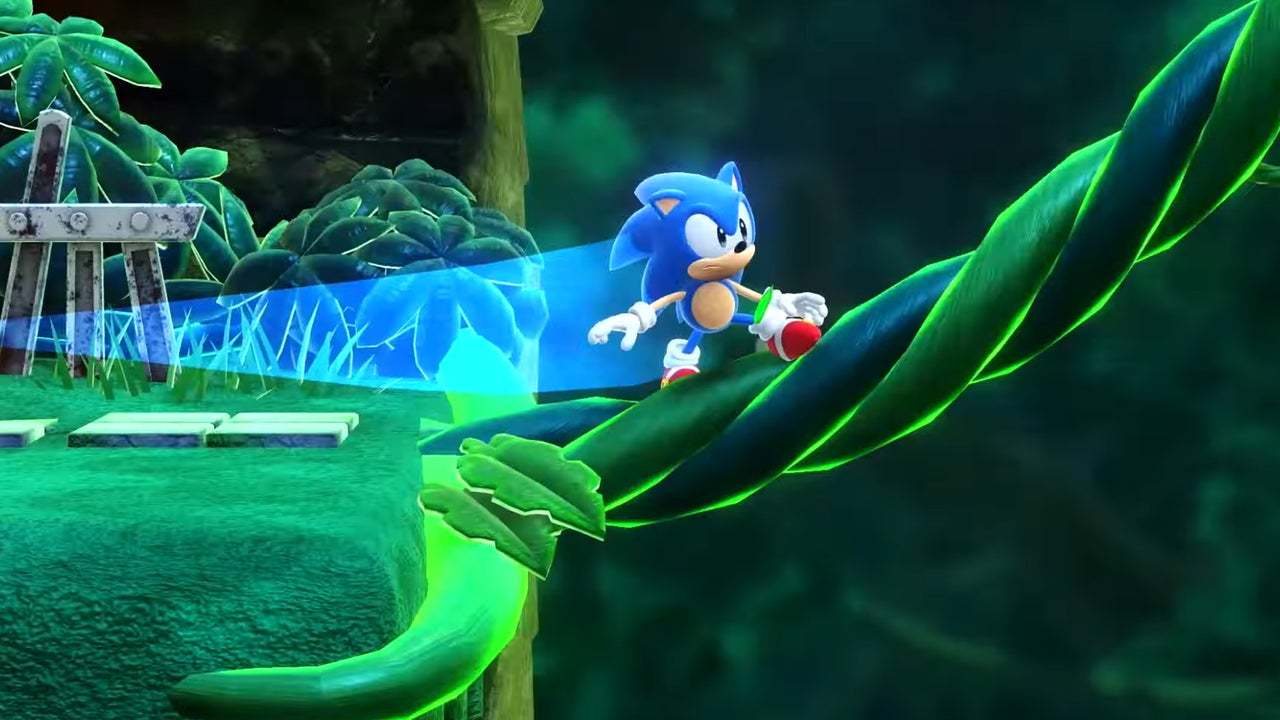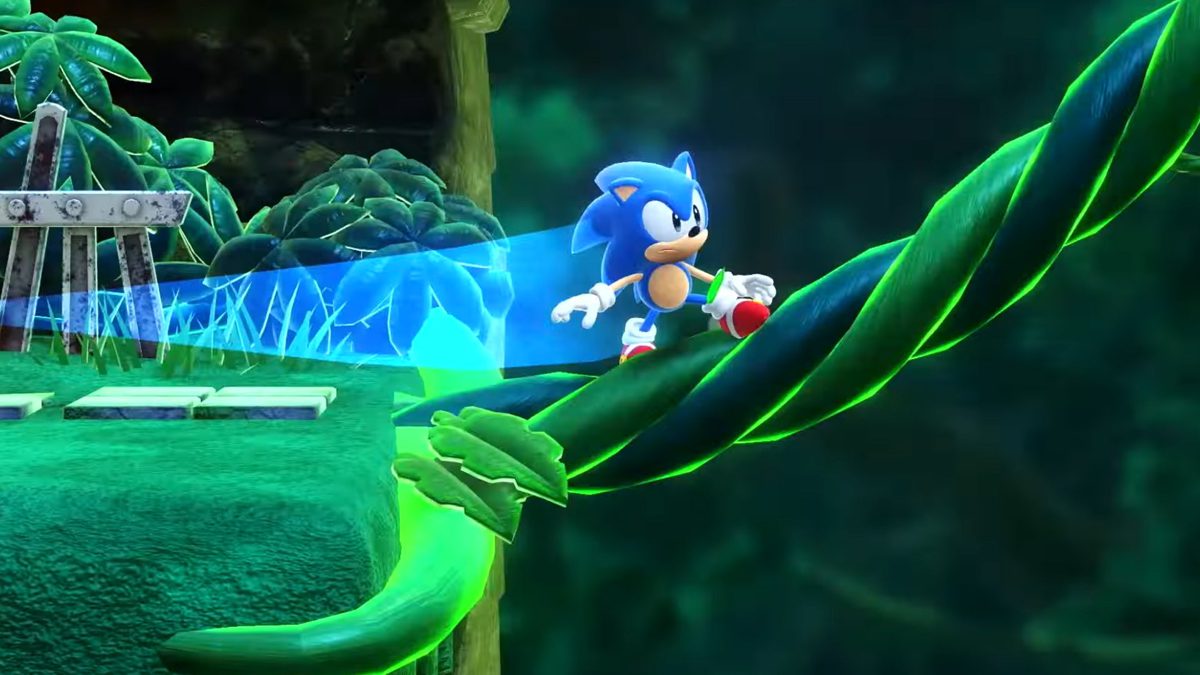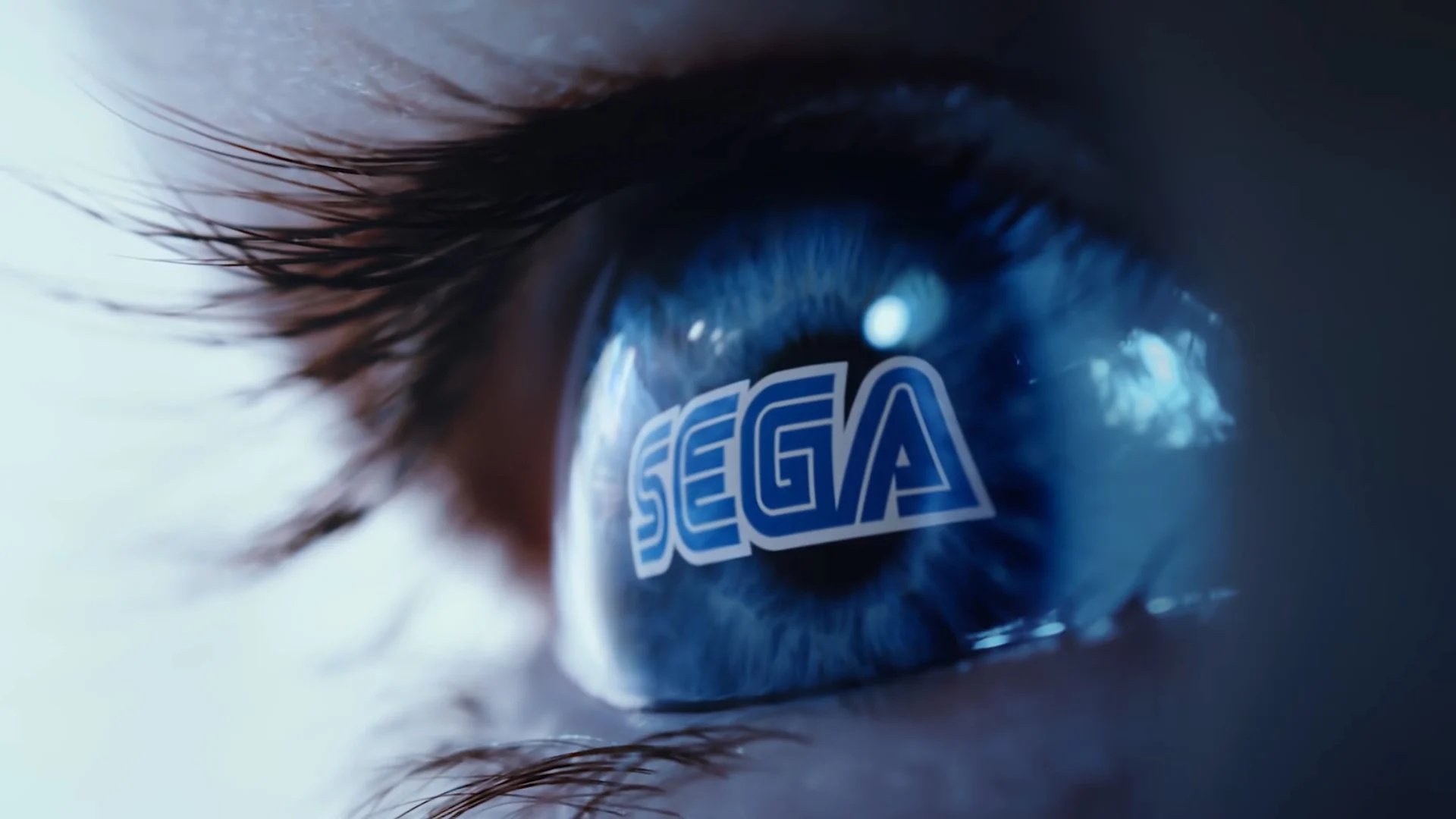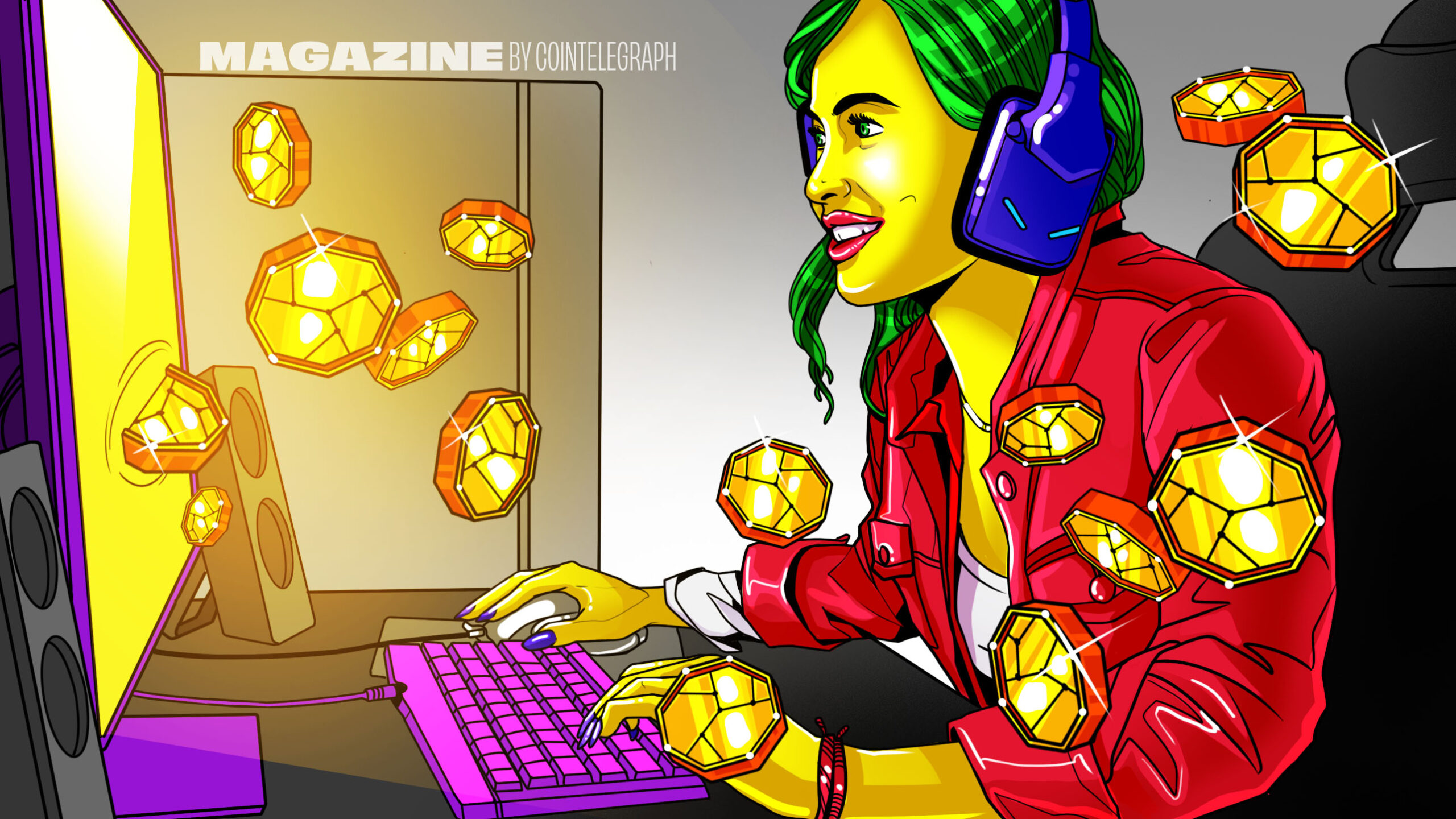Sega Dismisses Blockchain Games: A Shift in Strategy
When it comes to the world of gaming, innovation is always at the forefront. From cutting-edge graphics to immersive gameplay experiences, developers are constantly pushing the boundaries of what is possible. One area that has gained significant attention in recent years is blockchain gaming. However, not every gaming giant is jumping on the blockchain bandwagon. Sega, the renowned creator of iconic franchises like Sonic the Hedgehog, has recently dismissed the idea of blockchain games as “boring.” Let’s delve into Sega’s shift in strategy and their rationale behind this decision.
The Boredom Factor: Lackluster Gameplay in Blockchain Games

Shuji Utsumi, Sega’s co-chief operating officer, expressed his skepticism about blockchain games in a recent interview with Bloomberg. Utsumi labeled the action in play-to-earn games as “boring,” questioning the purpose of games that lack excitement and fun. This sentiment reflects Sega’s belief that gaming should be built on engaging experiences that captivate players.
Sega Protects its Valuable IP
Sega’s decision to withhold its biggest intellectual property, such as Sonic the Hedgehog, from being used in third-party blockchain games stems from a desire to maintain the value and integrity of their content. By refraining from associating iconic characters with blockchain titles, Sega aims to avoid potential devaluation of their beloved franchises.
Unlocking the Potential of Lesser-Known Franchises
While Sega is cautious about exposing its marquee IPs to blockchain gaming, they are open to utilizing the technology for their lesser-known franchises, such as Three Kingdoms and Virtua Fighter. By allowing external partners to create non-fungible tokens (NFTs) based on these franchises, Sega explores the possibilities of cross-game character and item transferability.
A Pause for Evaluation: Sega’s Approach to Web3 Technology

Sega’s stance on blockchain gaming has led to a temporary pause in its in-house blockchain game development projects. The company is currently indecisive about implementing Web3 technology in its upcoming suite of “super games.” Sega acknowledges the need to thoroughly assess whether blockchain technology will truly take off in the gaming industry.
The Legacy of Risk-Taking: A Balanced Approach
Sega’s co-chief operating officer, Utsumi, urges the video game industry not to underestimate blockchain advocates and their bold claims. While Sega may be wary of embracing blockchain gaming fully, Utsumi acknowledges that risk-takers are often the catalysts for transformative change. Sega remains open to the possibility of utilizing blockchain technology if it proves to be successful and widely adopted.
Beyond Sega: The Controversial Landscape of Blockchain Gaming
Sega’s cautious approach to blockchain gaming aligns with a broader sentiment in the industry. Numerous companies, including Square Enix and Ubisoft, initially embraced blockchain gaming but later reevaluated its potential. The lukewarm reception from gamers, combined with the technology’s limited adoption, has led some companies, like Electronic Arts, to shift their focus away from blockchain gaming.
Conclusion

As Sega dismisses blockchain games, the company’s priority remains on delivering captivating gaming experiences to its loyal fanbase. While they recognize the potential of blockchain technology, Sega’s skepticism stems from a belief that gameplay should be the driving force behind any successful game. More research and industry-wide adoption are required before Sega fully embraces blockchain gaming. Time will tell whether this shift in strategy proves to be a wise move for the gaming giant.
FAQs

1. Is Sega completely against blockchain technology in gaming?
No, Sega is not entirely against blockchain technology. They remain open to its potential but are cautious about fully committing to it without concrete evidence of its success and widespread acceptance.
2. Why is Sega withholding its major IPs from blockchain games?
Sega aims to protect the value of its iconic intellectual properties, such as Sonic the Hedgehog, by refraining from associating them with blockchain games. This strategy prevents potential devaluation and maintains the integrity of these beloved franchises.
3. Will Sega reconsider its stance on blockchain gaming in the future?
Sega’s co-chief operating officer, Shuji Utsumi, encourages the industry not to underestimate blockchain advocates. While Sega is currently dismissive of blockchain gaming, they remain open to the technology and may reassess their position if it gains significant traction.
4. Are there any benefits of blockchain technology in gaming?
Yes, blockchain technology offers potential benefits such as enhanced security, decentralized ownership of in-game assets, and cross-game interoperability. These aspects provide opportunities for unique gameplay experiences and user-driven economies within gaming ecosystems.
5. Will other gaming companies follow Sega’s lead in dismissing blockchain games?
While Sega’s decision reflects a cautious approach, every gaming company has its own strategic direction. Some may continue to explore the potential of blockchain gaming, while others may focus on more traditional gameplay elements. The future of blockchain in gaming remains uncertain and largely depends on industry trends and consumer demand.

